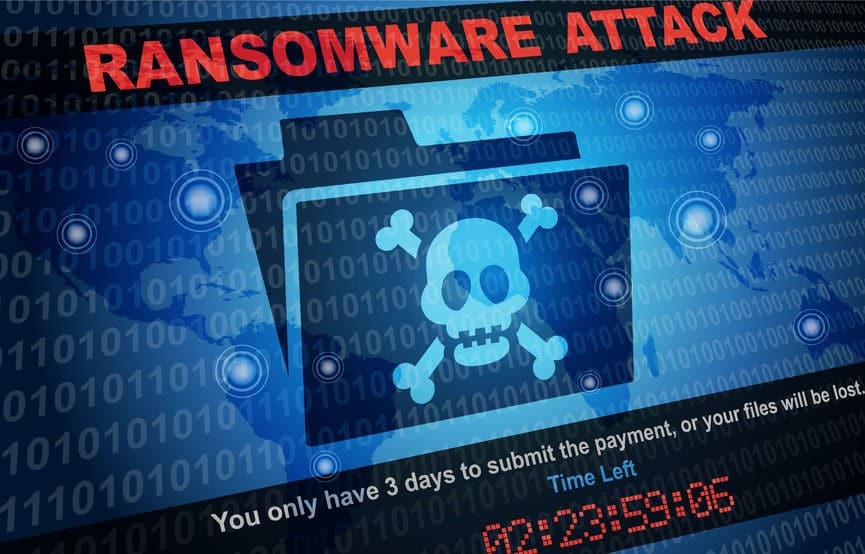Cybersecurity is a growing challenge for public sector organizations of all sizes, from small regional and local governments, to state agencies and the Federal government itself. Here in Texas we were recently reminded of this fact due to a ransomware attack that hit our state government on August 16. The attack impacted several state governmental agencies and at least one critical infrastructure Supervisory Control and Data Acquisition, or SCADA, system.
Learn more about this attack and what it means for local and regional governments across Texas on today’s blog.
On August 16, the state of Texas was hit with a ransomware attack that impacted several state and Federal agencies and at least one of the state’s SCADA systems. Agencies responding to the attack include:
- Texas Division of Emergency Management
- Texas Department of Information Resources
- Texas A&M University System
- Security Operations Center/Critical Incident Response Team
- Texas Military Department
- Texas Department of Public Safety’s Cybersecurity and Intelligence / Counter Terrorism units
- Texas Commission on Environmental Quality
- Department of Homeland Security
- Federal Bureau of Investigation
- As well as other Federal Cybersecurity agencies
Obviously, an attack of this nature impacting public agencies is extremely concerning. State and Federal agencies have been dispatched to respond. Teams at the State Security Operations Center (SOC) have been working day and night shifts to help resolve issues along with more than 50 staff members from the agencies impacted, and coordination with emergency management, IT staff and elected officials from local jurisdictions.
What it Means for Local and Regional Governments
What does this attack mean for local and regional governments around Texas? One sure takeaway is that cybersecurity – and specifically ransomware attacks – is being recognized one of the biggest threats currently facing public agencies across our state.
The Texas Department of Information Resources released a graphic indicating that statewide, ransomware attacks have already cost state, local and educational agencies and institutions in excess of $10 million dollars, just in the first few months of 2019. That number is likely to increase when the final tally of this and future attacks are calculated.
Tips for Preventing Government Cyber Attacks
One outcome of this attack is likely to be renewed emphasis on cybersecurity and security best practices for governments at all levels. The Department of Homeland Security and Federal Government recently released handy tip sheets for government employees reminding them of their role in preventing a cybersecurity incident.
Among those tips?
- Back up now – and on a regular basis.
- Lock up and protect all personal and agency-owned devices including smartphones, laptops, and tablets.
- Regularly scan for viruses and spyware and keep all software up to date to prevent security backdoor compromises.
- Do not provide personal or agency information unless you are certain with whom it is being shared
- Take advantage of security training that is offered by your department or agency.
In addition, the Federal government recommends that departments and agencies revisit and refine their cybersecurity incident and response plans, to ensure preparedness for the next attack.
Prepare and Prevent Attacks With Tolar Systems
Tolar Systems can help. We’re doing our part to help local and regional governments in Texas prepare for increased cybersecurity threat by addressing many of these concerns.
Our Complete Security and Complete Care for Public Sector help our public sector and governments clients resist ransomware attacks and security breaches by monitoring and managing security at the network, user and device level to prevent security like these.
Our approach to cybersecurity for local and regional government includes:
- User training to help employees resist cyber attacks at the user level.
- Identity/password management to protect personal information.
- Dark web monitoring to prevent and respond to data breaches.
- Domain name system filtering, firewall management and intrusion detection to keep your systems safe from attackers.
- Vulnerability scanning and anti-virus / anti-malware services
- And much more
If your organization is ready to take the next step towards preventing a cyber attack, contact Tolar Systems today. Let us help you reduce your risk.
